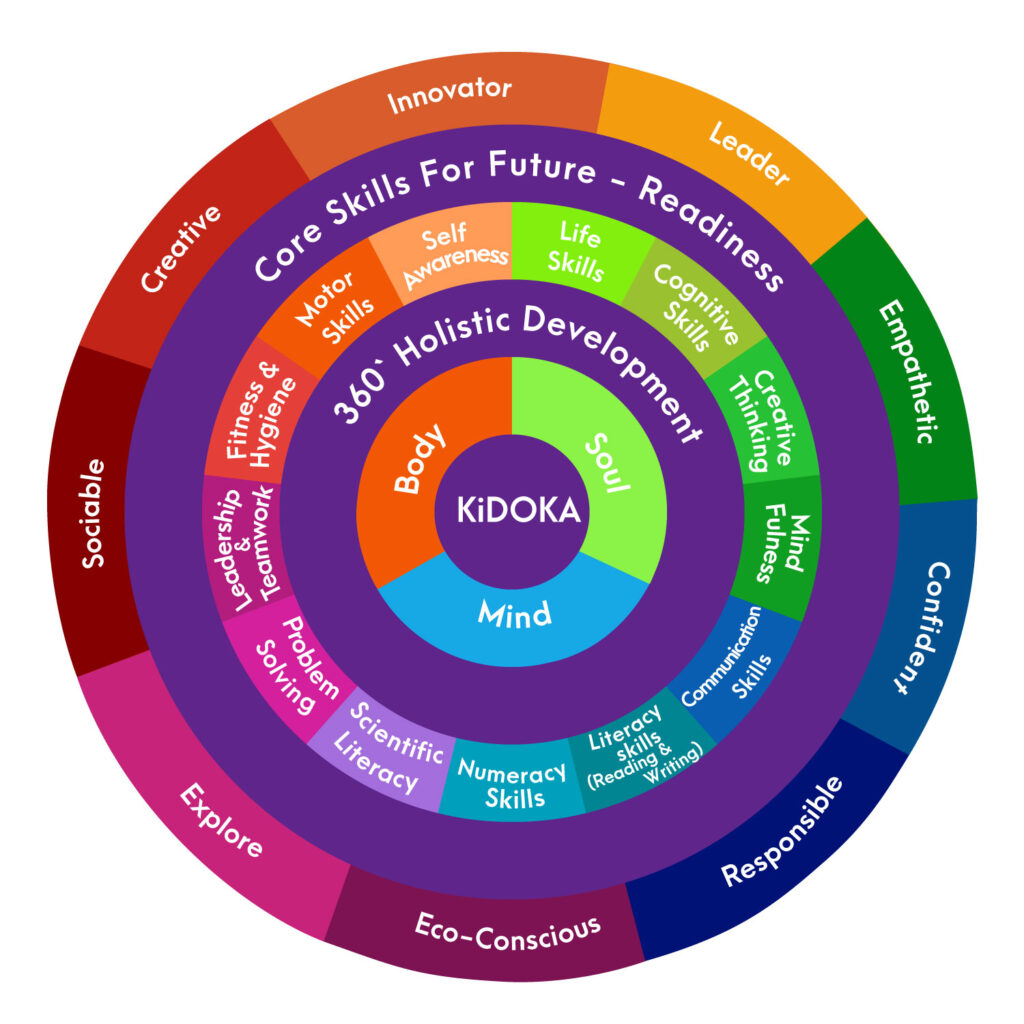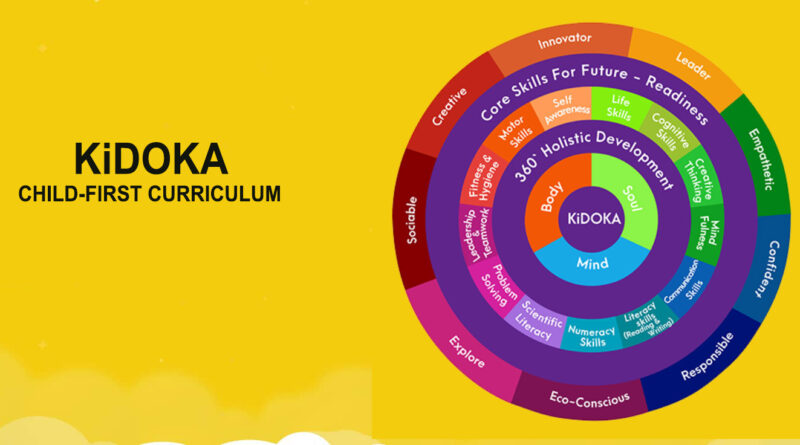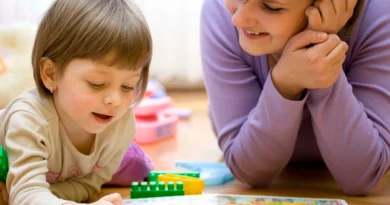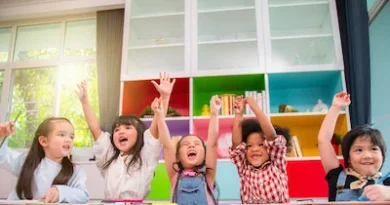Kidoka Curriculum: A Revolutionary Approach to Early Childhood Education
The Kidoka Curriculum is a groundbreaking approach to early childhood education that focuses on fostering a love for learning in young children. Designed to support the cognitive, social, emotional, and physical development of preschoolers, the Kidoka Curriculum offers a comprehensive framework for early learning experiences. In this blog post, we will explore the key components of the Kidoka Curriculum and discuss how it’s revolutionizing the way children learn during their formative years.
The Philosophy Behind Kidoka

The Kidoka Curriculum is built on the belief that every child is unique, with their own strengths, interests, and learning styles. Recognizing the importance of holistic development, the curriculum aims to nurture well-rounded individuals who are confident, curious, and empathetic.
At the heart of the Kidoka Curriculum is the understanding that children learn best through play and hands-on experiences. The curriculum is designed to engage children in activities that promote exploration, experimentation, and creativity, helping them build critical thinking and problem-solving skills.
Key Components of the Kidoka Curriculum
- Play-Based Learning
As mentioned earlier, the Kidoka Curriculum emphasizes the importance of play in early childhood education. Play-based learning allows children to engage in activities that spark their curiosity and foster creativity. Through play, children develop essential cognitive, social, emotional, and physical skills, setting the foundation for lifelong learning and success.
- Individualized Learning
The Kidoka Curriculum acknowledges that each child is unique, with their own strengths and areas of interest. To support individualized learning, teachers observe and assess each child’s progress, tailoring their approach to meet the specific needs and interests of every child. This personalized approach ensures that children are engaged and challenged at their own pace, promoting optimal growth and development.
- Social-Emotional Development
Social-emotional development is a critical aspect of the Kidoka Curriculum. Through activities that encourage cooperation, communication, and empathy, children learn to build strong relationships with their peers and adults. This focus on social-emotional learning helps children develop self-awareness, self-regulation, and resilience, equipping them with essential life skills.
- Inquiry-Based Learning
Inquiry-based learning is a key element of the Kidoka Curriculum, encouraging children to ask questions, explore ideas, and seek answers through hands-on experiences. This approach fosters a sense of curiosity and critical thinking, empowering children to become active participants in their own learning journey.
- Integrated Learning
The Kidoka Curriculum promotes integrated learning, where various subject areas are woven together in a seamless, interconnected manner. This approach allows children to explore topics from multiple perspectives, deepening their understanding and making learning more engaging and relevant.
- Focus on the Arts
The arts play a vital role in the Kidoka Curriculum, as they provide children with a means of self-expression and creativity. Through activities in music, dance, visual arts, and drama, children develop fine motor skills, spatial awareness, and cultural appreciation.
- Environmental Stewardship
The Kidoka Curriculum encourages children to become responsible stewards of the environment. Through hands-on experiences with nature, children learn about ecosystems, sustainability, and conservation, developing an appreciation for the world around them and a sense of responsibility towards the planet.
Implementing the Kidoka Curriculum in the Classroom
Teachers play a crucial role in implementing the Kidoka Curriculum. They create a supportive and nurturing environment that encourages children to take risks, explore new ideas, and collaborate with their peers. By providing ample opportunities for hands-on experiences, teachers help children develop a deep understanding of the world around them and a love for learning.
To effectively implement the Kidoka Curriculum, teachers must:
- Continuously observe and assess children’s progress, adapting their teaching approach to meet the individual needs of each child.
- Encourage open-ended questioning and critical thinking, guiding children as they explore and investigate new ideas.
- Foster a sense of community and belonging within the classroom, promoting cooperation, respect, and empathy among children.
- Integrate various subject areas in a seamless and engaging manner, providing children with a well-rounded learning experience.
- Incorporate the arts and environmental stewardship into daily activities, fostering creativity and a sense of responsibility towards the planet.
The Impact of the Kidoka Curriculum on Early Childhood Education
The Kidoka Curriculum has made a significant impact on the field of early childhood education by challenging traditional teaching methods and promoting a more child-centered, holistic approach to learning. As a result, children who experience the Kidoka Curriculum are better prepared for future academic challenges and are more likely to develop a lifelong love for learning.
By focusing on the unique needs and interests of each child, the Kidoka Curriculum ensures that children are engaged, challenged, and supported throughout their early learning journey. This innovative approach fosters the development of well-rounded individuals who are equipped with the cognitive, social, emotional, and physical skills necessary for success in today’s ever-changing world.
Conclusion
The Kidoka Curriculum is transforming the way children learn during their formative years by offering a comprehensive, play-based approach to early childhood education. Through individualized learning experiences that promote curiosity, critical thinking, and creativity, the Kidoka Curriculum is setting the foundation for a lifelong love for learning and preparing children for success in their academic and personal lives.
By implementing the Kidoka Curriculum in your child’s preschool, you can ensure that your child receives a well-rounded, engaging, and meaningful education that supports their holistic development. Consider the Kidoka Curriculum as you search for the perfect preschool for your child and witness the positive impact this innovative approach can have on your child’s growth and development.





